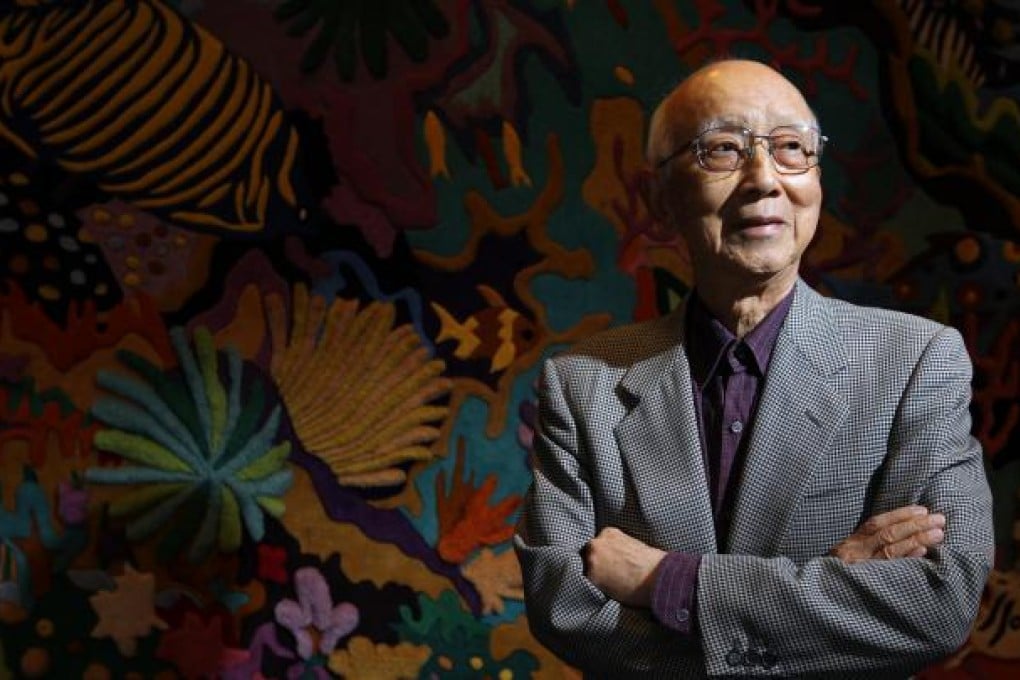Golden Harvest's Raymond Chow recalls glory days of Hong Kong film
While the glory days of HK cinema under Golden Harvest are long gone, founder Raymond Chow has confidence in its future

Raymond Chow Ting-hsing strolls into what looks like a conference room at his Kowloon home with a tumbler in one hand and an iPad in the other. He is in good spirits, nodding and smiling to those in the room, who greet him with respect. Then he takes a seat at the end of a long table as if he is about to chair an important meeting.

The fate of the studio he cofounded with Leonard Ho Koon-cheong parallels the destiny of Hong Kong - it began to thrive in the 1970s before reaching its golden era in the 1980s .
Golden Harvest was the closest thing to a film dynasty at a time when an authentic Hong Kong cinema had a global audience, before losing its identity to mainland co-productions.
Chow, however, dislikes the dynasty image. "My philosophy is to entertain people, to make people happy. Filmmaking also suits my way of thinking: I love freedom, and don't like being placed under restrictions."
From the establishment of the studio to its daring approaches to production and film-financing, Golden Harvest was all about breaking free from convention. The success of the studio might also shed some light on the struggles facing today's film industry in Hong Kong.
That success story is being retold in a Hong Kong Film Archive retrospective, "The Cinematic Matrix of Golden Harvest", at this year's Hong Kong International Film Festival. A highlight of the event, the retrospective will screen 63 of the 600 films produced and financed by Golden Harvest over more than three decades. Chow will make a rare public appearance at an HKFA seminar today.